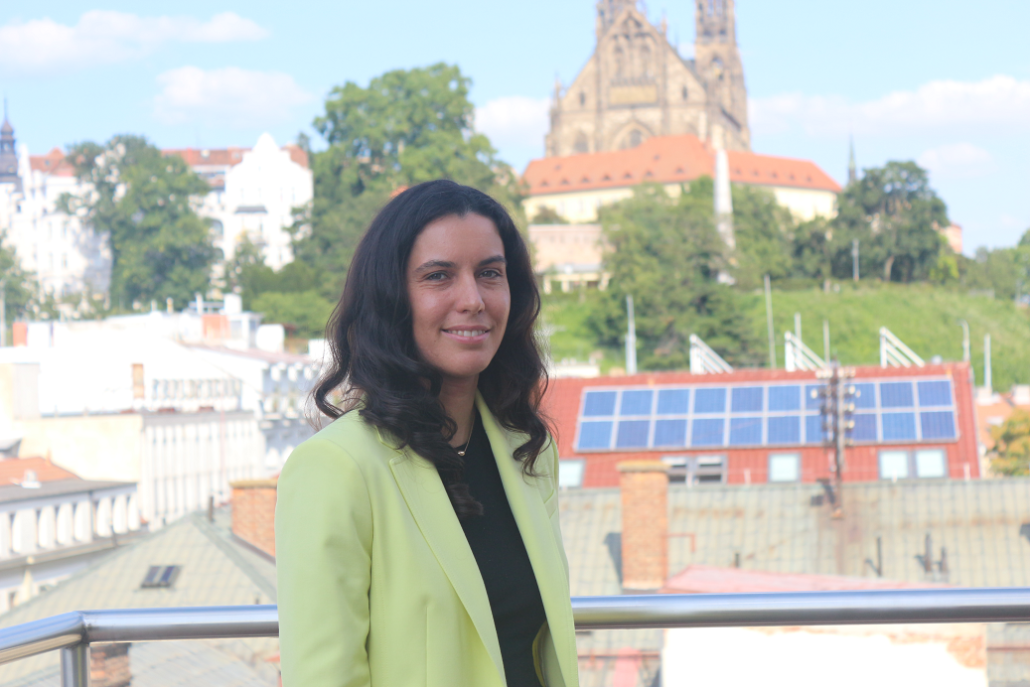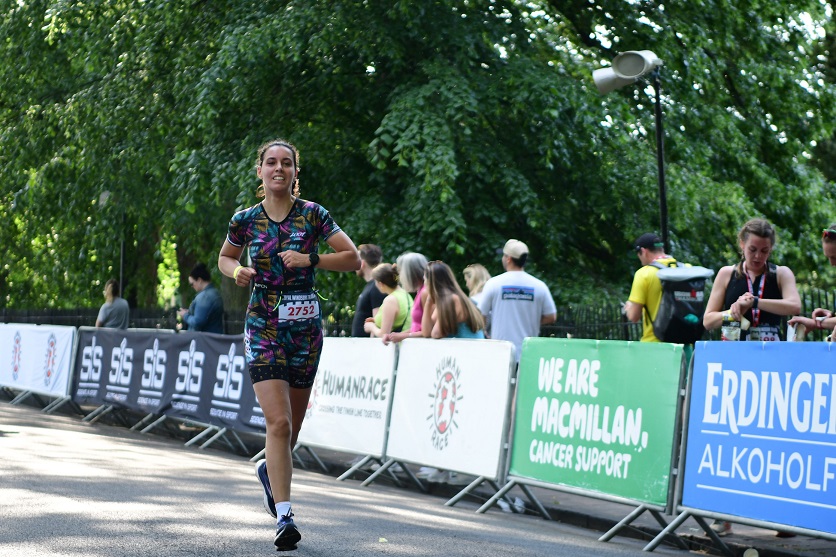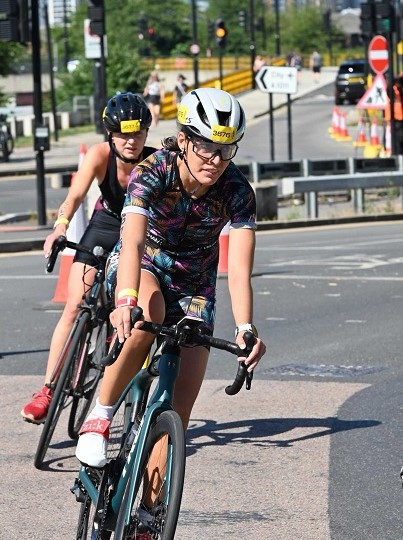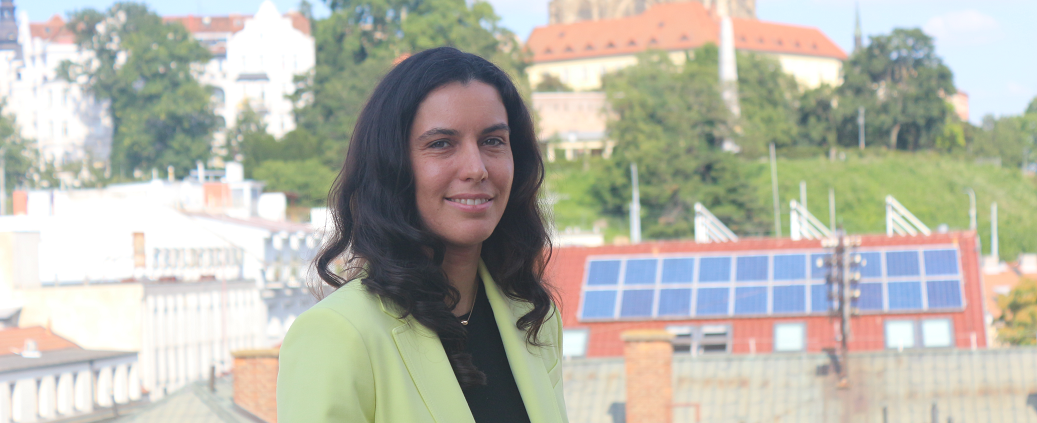Let’s help the sick achieve self-sufficiency. A triathlete from Brno competes against Alzheimer’s and Parkinson’s diseases
Brno native Iva Horčicová is participating in the Triathlon World Championship for the first time this year. The big day will take place on October 17, 2024, in Torremolinos, Spain. Through her race, she aims to support a good cause—research and treatment of Alzheimer’s and Parkinson’s diseases. In collaboration with the Neur-IN Institute and the International Clinical Research Center (ICRC), she is launching a fundraising campaign. The proceeds will go toward the purchase of temporal interference stimulation, an experimental treatment that is not yet covered by health insurance.

She was born in Brno but spent a large part of her adult life in London. This year, she will participate in the Triathlon World Championship for the first time in her age category, and through her athletic efforts, she has decided to support research on Alzheimer’s and Parkinson’s diseases. “Unfortunately, these diseases are not unfamiliar to me,” explains triathlete Iva, describing her reason for choosing to support the treatment and research of neurodegenerative diseases through her race.
“My grandfather suffered from Alzheimer’s, and my grandmother is currently battling Parkinson’s disease. Watching their struggle has been one of the hardest experiences of my life. Seeing my grandfather lose his memory to the point where he sometimes no longer recognized me was devastating. A man who had countless stories to tell suddenly couldn’t remember my name or our shared memories. I felt like I was losing him piece by piece,” says Iva.
“Preparing for the championship is not just about physical performance for me; it’s a constant reminder of how essential an active lifestyle is, not only for our body’s health but also for our brain,” says Iva Horčicová. “While there is a lot of talk about the benefits of exercise for cardiovascular diseases, it’s less well known that it can also reduce the risk of neurodegenerative diseases or delay their onset,” she adds.
The research and subsequent treatment of these neurodegenerative diseases still have a long way to go. There is no effective cure, and their prevalence in the population continues to rise. Currently, neurodegenerative diseases, including Alzheimer’s and Parkinson’s, affect around 10% of people over the age of 65 in First World countries, including the Czech Republic. Estimates suggest that in 10 years, this figure could rise to as much as 15%. “To us younger people, it may seem that nothing could be further from us than diseases like Alzheimer’s or Parkinson’s. But the truth is, more and more of my friends are seeing these diseases in their families,” says Iva.
Czech researchers, including those at the Neur-IN institute, are getting closer each year to better and faster diagnosis of neurodegenerative diseases, but we still cannot cure Alzheimer’s or Parkinson’s.
“Once the disease starts destroying brain cells, we are unable to reverse it,” says neuroscientist Luboš Brabenec. “However, our experimental method helps reach deeper structures of the brain and aids patients with working memory, which is crucial for daily orientation in their environment. It offers hope that patients will be able to re-engage in everyday life,” he adds.
Researchers in Brno are utilizing the effects of temporal interference stimulation (TIS), a non-invasive technique that can target deep brain structures. This is achieved by using two pairs of electrodes attached to the head, which create a high-frequency electrical field. These fields, on their own, have no effect, but when they intersect in a designated area of the brain, they generate an interference pattern that stimulates neuron activation.


Iva during her training.
The TIS device, for which Iva is raising funds, will be crucial not only for the effects of the experimental therapy but also for scientists and their research into these neurodegenerative diseases. This research is incredibly important, as diseases like Alzheimer’s and Parkinson’s affect millions of people worldwide. In the Czech Republic alone, there are around 150,000 patients, according to the latest data. With the increasing lifespan of the population, the number of such cases is expected to rise in the future. Early and reliable diagnosis is key to effective treatment, which can slow or halt the progression of the disease.
The fundraiser runs from September 17 to October 17. Together, we will cheer Iva on during the World Championship on October 17, 2024. Contributions can be made through the Go Get Donate platform, and all proceeds will be donated to the National Institute for Neurological Research.
The ICRC is a joint workplace of St. Anne’s University Hospital and the Faculty of Medicine at Masaryk University. The research is also conducted at the Central European Institute of Technology, Masaryk University (CEITEC MU).
Martina Jelínková
martina.jelinkova@fnusa.cz



